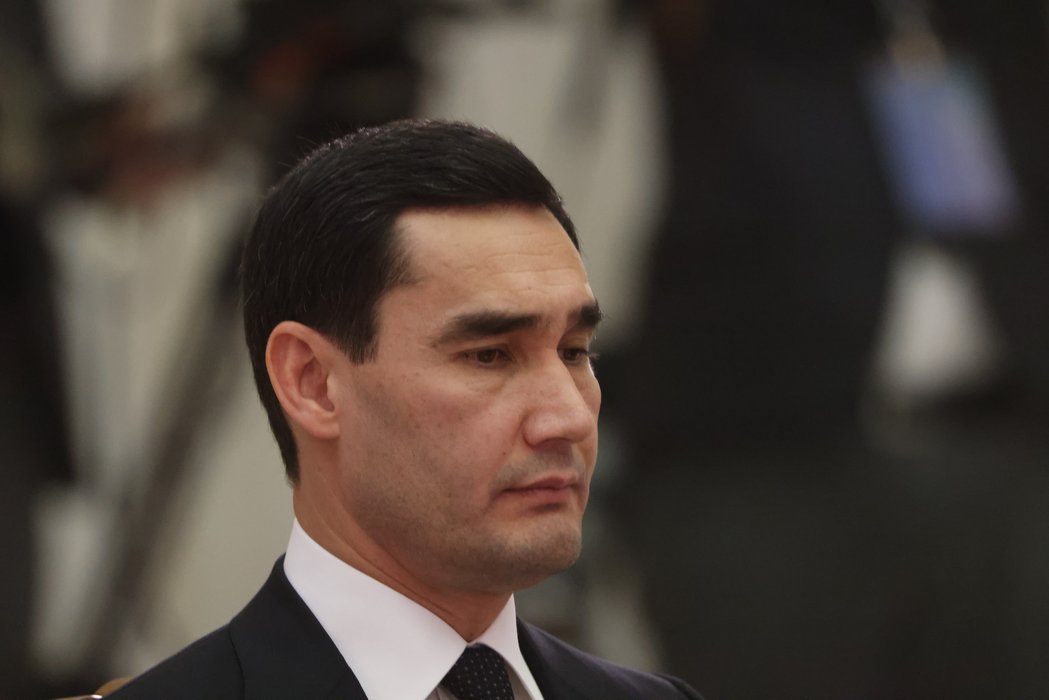
Introduction
This Monitor update covers developments relating to the freedoms of expression, association and peaceful assembly in Turkmenistan from July to December 2022.International Partnership for Human Rights (IPHR) and the Turkmen Initiative for Human Rights (TIHR) have prepared this update for the CIVICUS Monitor.
An increasing number of internet sites were arbitrarily blocked in Turkmenistan, while people using internet censorship circumvention tools to access independent news, social media and other blocked sites continued to be subjected to intimidation. Meanwhile, law enforcement authorities carried out arbitrary inspections of mobile phones of citizens, including children, to establish whether they were using circumvention tools to access blocked internet sites. Additionally, the authorities announced plans to create ‘’an autonomous national digital network’’, sparking concerns of further increasing internet censorship.
Persecution of people who criticise the situation in Turkmenistan and stand up for their rights continued.
Doctor Khursanay Ismatullaeva and lawyer Pygambergeldy Allaberdyev, both of whom were serving prison sentences believed to have been handed down in retaliation for the legitimate exercise of their freedoms of expression and association, were reportedly pardoned and released in December 2022. Their releases were a great relief and come after repeated calls were made by human rights groups and international experts, officials and decision-makers. However, other individuals remain behind bars in Turkmenistan on politically motivated grounds. Among them is journalist Nurgeldy Khalykov, who was arrested, prosecuted and imprisoned in 2020 after sharing a photo of a World Health Organisation (WHO) delegation visiting Turkmenistan with the independent, Netherlands-based organisation Turkmen News, with which he had clandestinely cooperated for several years. In September 2022, on the second anniversary of Khalykov’s imprisonment, nine civil society organisations (CSOs) made a renewed joint call for his release. In response to an official inquiry from the Norwegian Helsinki Committee, one of the signatories of the joint CSO appeal, the WHO promised to raise the case with Turkmenistan’s government.
Sept 15 marks two years since independent reporter Nurgeldi #Halykov was imprisoned in #Turkmenistan on absolutely false charges. Group of human rights NGOs released a powerful statement. RT = solidarity!💕@OSCE_RFoM https://t.co/qXs6QtHK1W
— turkmen.news (@adalatseeker) September 15, 2022
TIHR, IPHR and other CSOs also urged the European Union (EU) to raise the cases of victims of government persecution during its annual Human Rights Dialogue with Turkmenistan’s government on 25th November 2022. Among other cases, they drew attention to the case of Agajuma Bayramov,who was released earlier in 2022 after spending six years in prison on charges believed to have been in retaliation for interviews he gave to independent media. Following his release, Bayramov has been subjected to ongoing intimidation and harassment. In particular, he was prohibited from leaving his home village, with his internal passport (used for identification and travel purposes) having been confiscated. In a welcome development, the day before the EU’s dialogue with Turkmenistan, local authorities returned this document and allowed Bayramov to travel to relatives in the country.
Twenty-fifth November 2022, the day of the EU dialogue, marked the 20th anniversary of the alleged assassination attempt on Saparmurat Niyazov, the then President of Turkmenistan, which authorities argued was part of a planned coup attempt. The authorities used this event to justify a widescale campaign of state-orchestrated repression, in which dozens of people were imprisoned following grossly unfair trials Many of those imprisoned disappeared within the country’s prison system, with their whereabouts often remaining unknown to date. In the years since, the practice of enforced disappearances has continued, especially in cases of individuals believed to have been convicted on politically motivated grounds.
In addition to suppressing dissent at home, the Turkmenistani authorities continued to target activists abroad, who openly criticise the government. In Turkey, activists were subjected to intimidation and harassment, including through relatives in Turkmenistan. In a shocking incident, unknown, masked perpetrators physically assaulted a group of activists attempting to hand over a letter to the Turkmenistan’s President Serdar Berdymukhamedov at Turkmenistan’s consulate in Istanbul in August 2022. Turkmenistani activists living in Turkey remained at risk of being detained and deported to Turkmenistan, as illustrated by the case of government-critical blogger Nurberdy Bazarov who was rounded up by Turkish police in October 2022 and placed in a deportation centre, where he was held for 10 days before being released.
The Turkmenistani authorities continued to forcibly mobilise state employees and other citizens for state-organised celebrations, threatening them with dismissal and other repercussions if they failed to comply. Those mobilised for state-organised mass events are often required to participate in time-consuming rehearsals and to contribute funds for these events.